Back to Courses


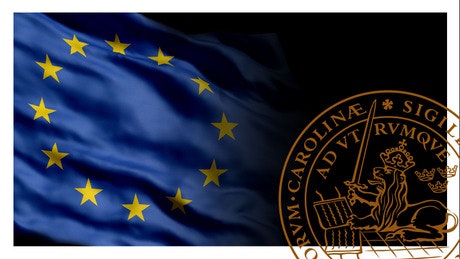
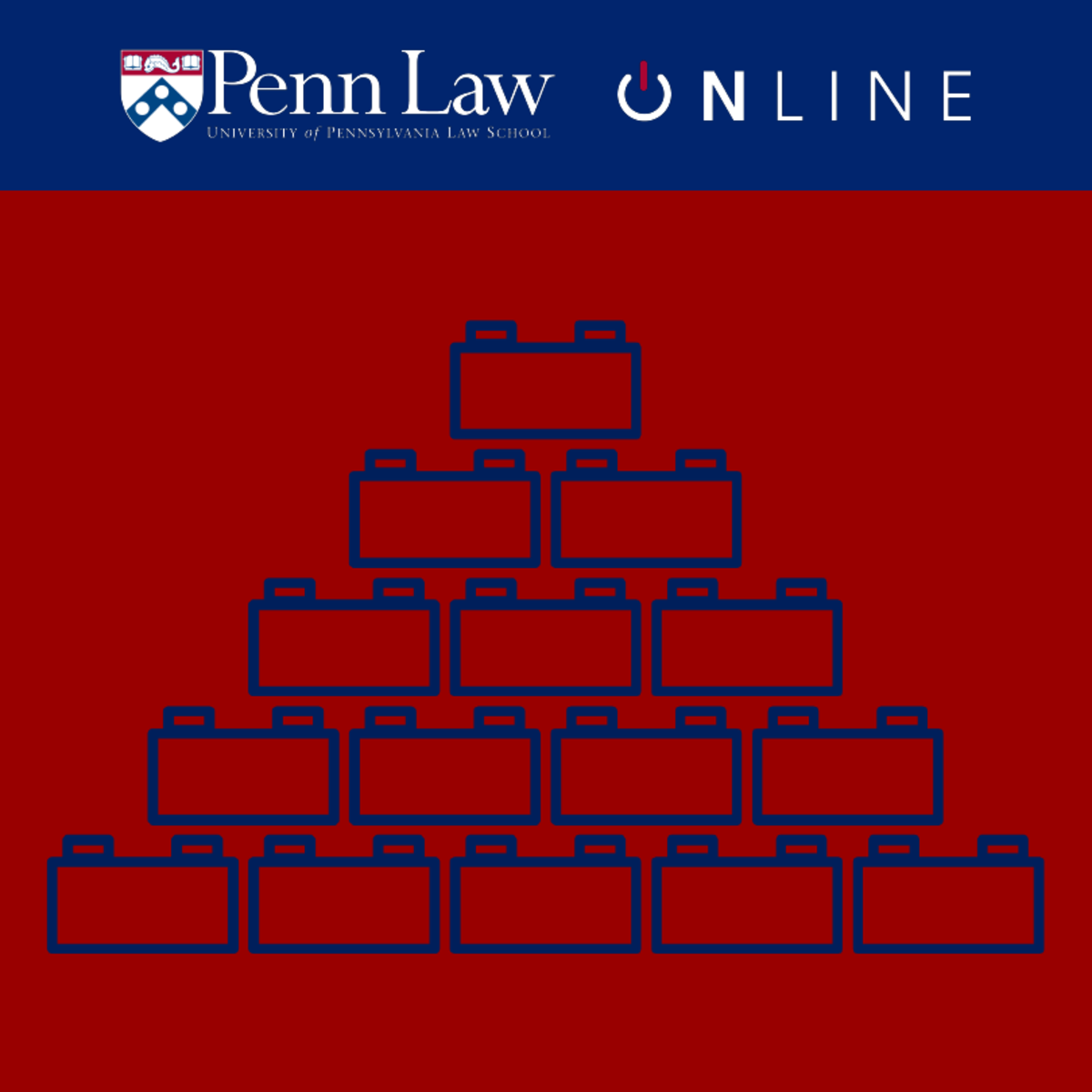
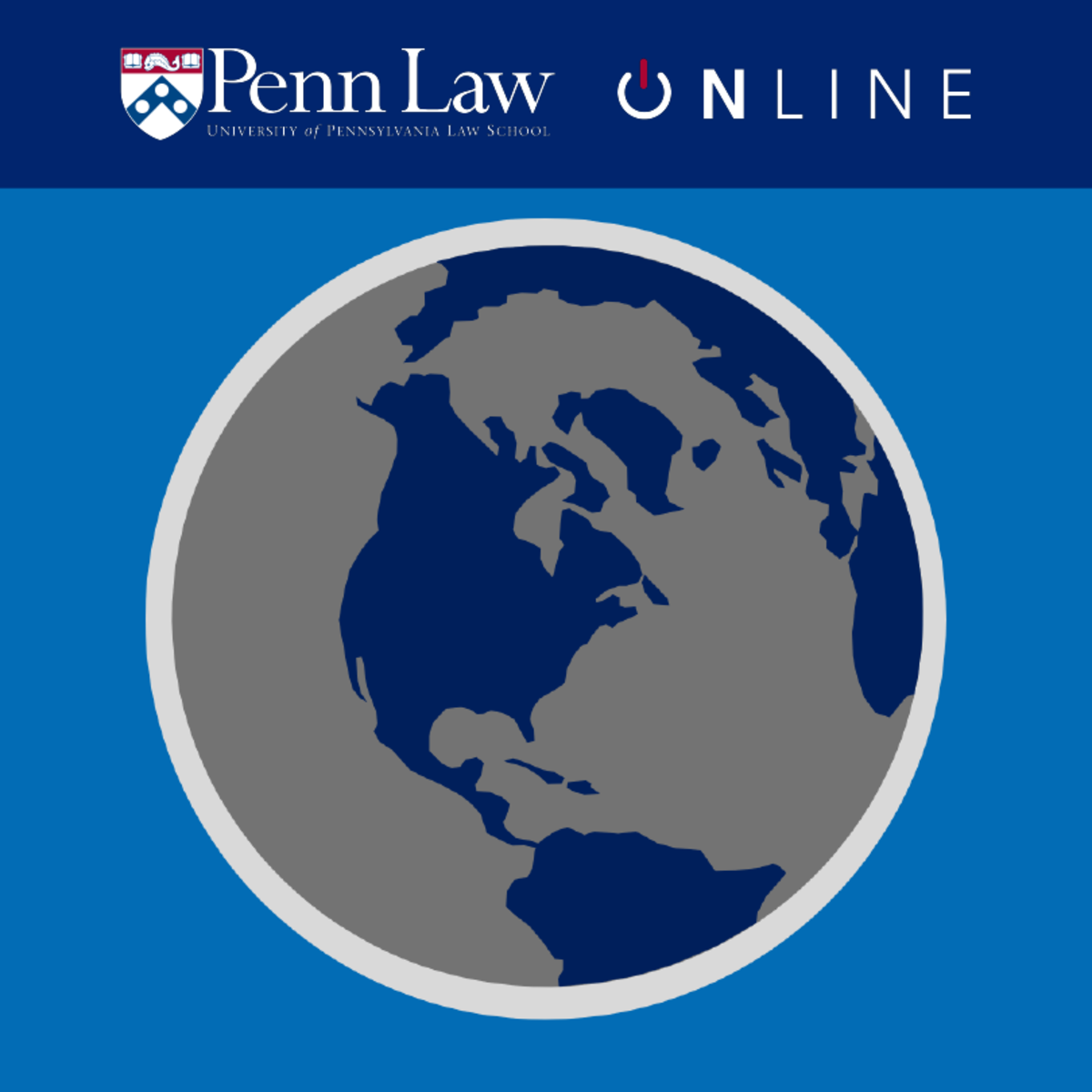
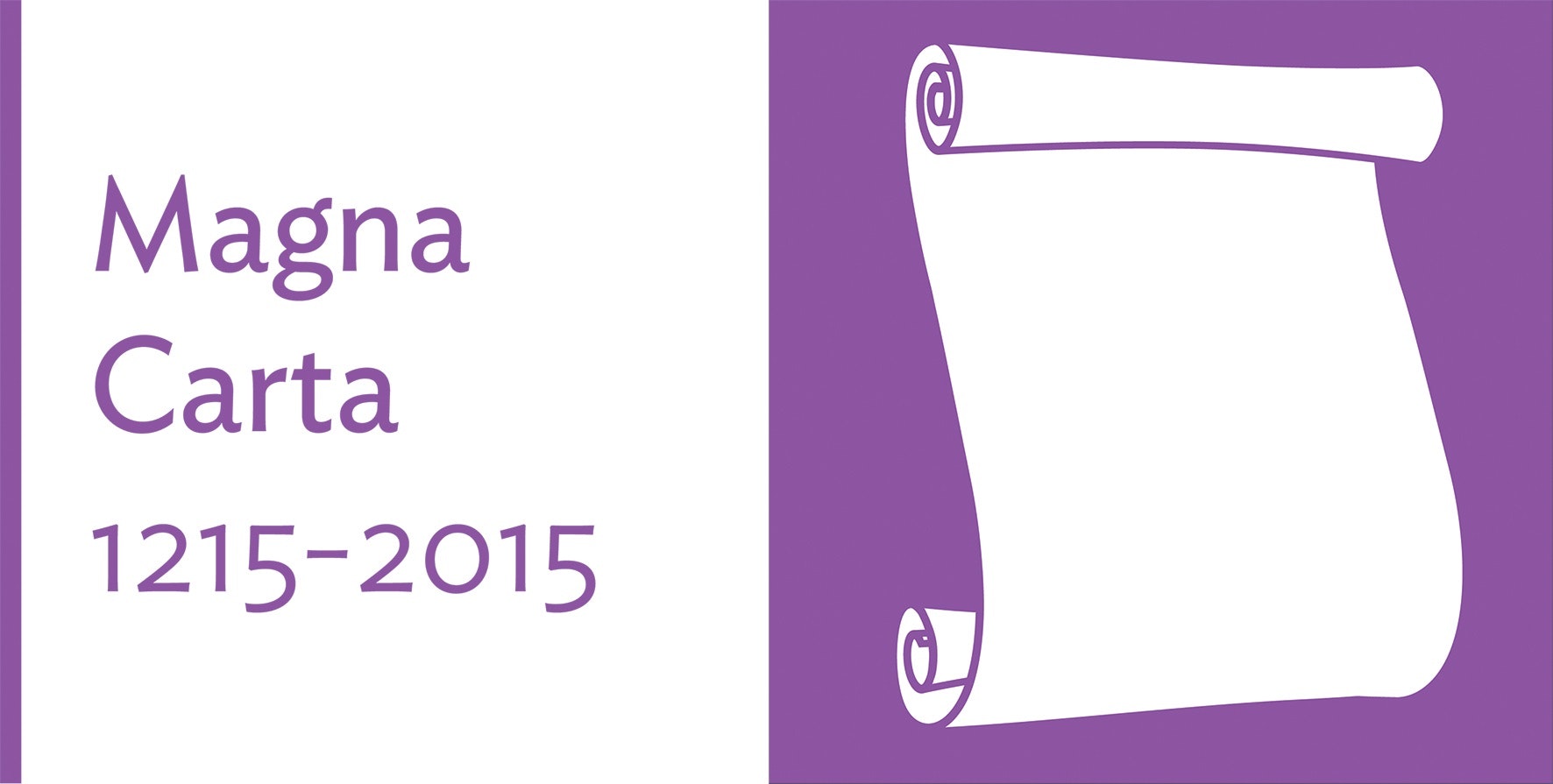


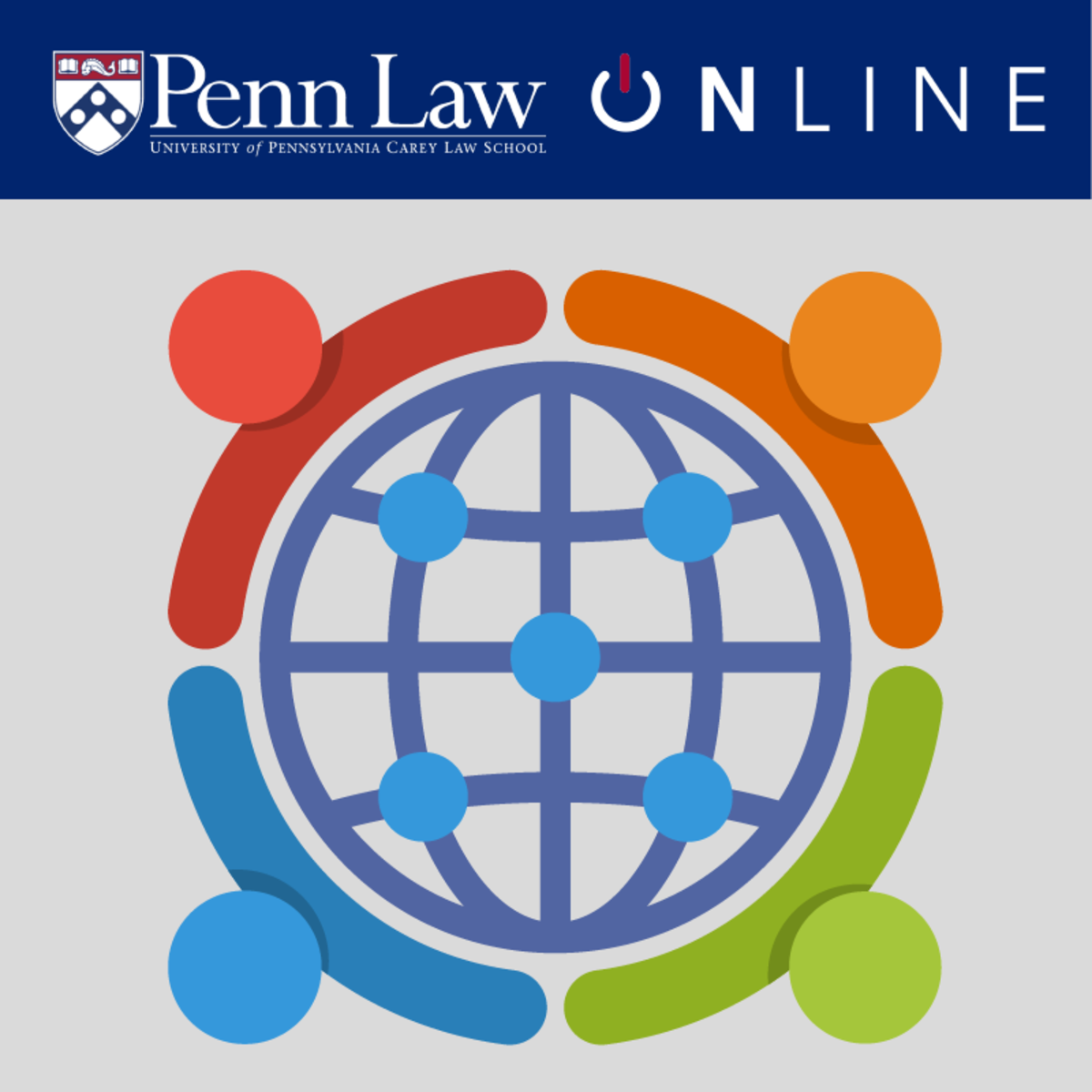
Law Courses - Page 3
Showing results 21-30 of 73

Cross-border road transport in EU law context
Have you ever wondered which legal rules are applicable to cross-border EU road transport? Are you interested in the issues revolving around EU employment law in the international road transport sector? Then, on behalf of the University of Antwerp, Erasmus University Rotterdam, University of Gdańsk, University of Luxembourg and Tilburg University, we would like to welcome you to this MOOC on Cross-border Road Transport in EU law context. This MOOC is a part of the Erasmus + Project funded by the European Commission. In this MOOC, you will not only learn what the current legal framework is, but also, how it is applied in the road transport sector.
After participating in this MOOC, you will be able to:
1. Describe the basics of the process of European integration, in the light of the affirmation of the four fundamental freedoms
of the EU, European framework on private international law, the posting of workers, social security coordination and social dialogue.
2. Understand the interplay between Treaty provisions and secondary sources in the relevant fields.
3. Understand the frictions between the rationales underneath the legal provisions that govern EU social policy and labour law.
4. Analyse the most relevant case law of the European Court of Justice with an impact on the rights of international road transport workers.
5. Familiarise with official documents of the EU institutions and with academic and other relevant literature in this field.
6. Use, where relevant, the implementation of EU rules by Member States.
7. Solve cases dealing with the implementation of the applicable legal provisions.
We are offering you knowledge clips, memoranda that contain in-depth legal information on the different key topics, recommended readings and case law. Next to that after each module, you could test your acquired knowledge by taking a multiple choice test. In the end of this course, you will be able to apply everything you have learned in a practical manner by solving our sample guide case that resembles a real life scenario which challenges you to deal with everyday's problems faced in the cross-border road transport by practitioners in the field.
By participating in this MOOC, you will find answers to the following questions:
1. Which of the four fundamental freedoms is applicable?
2. Which court has jurisdiction over a labour dispute and which law governs the cross-border employment relation?
3. How to apply and enforce the rules stemming from the Posting of Workers Directive?
4. Which social security system is applicable and which social security institution is competent to levy the social security contributions?
5. What is the role of social partners in the cross-border road transport?
In the end it all makes SENSE! So let's go down this road together. Buckle up!

Writing and Editing: Structure and Organization
This second course in the Good with Words: Writing and Editing series will help you become an effective architect of information, both with your sentences and with your paragraphs. You’ll learn that the traditional advice to “Show, don’t tell” is incomplete and that skilled writers actually switch back and forth between showing and telling.
You’ll also learn more about the menu of time management techniques introduced in the first course of the series, including “deep work,” “studio time,” and “the Animal Farm Principle.” And as with the other three courses in this series, you will get access to a wide range of books and other resources you can use even after you finish the course. These include: (1) the readings and exercises provided to the students who have taken the in-person version of this course at the University of Michigan and the University of Chicago; (2) two digital libraries of excellent writing from a diverse collection of journalists, scientists, novelists, poets, historians, and entrepreneurs; and (3) a monthly “Good Sentences” email.

International Humanitarian Law in Theory and Practice
“International Humanitarian Law in Theory and Practice” is the first MOOC of the Kalshoven-Gieskes Forum on International Humanitarian Law, which is the platform within the Grotius Centre for International Legal Studies of Leiden University for the research, teaching and dissemination of international humanitarian law (IHL).
In this course, Prof. Robert Heinsch, Dr. Giulia Pinzauti and Dr. Emma Irving will give you a deep insight into the rules that govern armed conflict, and aim to mitigate human suffering on the battlefield. You will explore the why and how of IHL, followed by the different types of conflict. In no time you will find out which rules apply to the civil war in Syria, the military intervention in Ukraine and the occupation of the West Bank. During this course, you will learn how hostilities should be waged: Which weapons can be used by combatants and other fighters? And, who should never be a target during military operations? We will also look into the concept of protected persons, and you will find out how IHL affords protection to the sick and wounded, medical personal, detainees, children, journalists and other persons who are not - or not anymore - fighting. At the end of this course, you are introduced to the different implementation and enforcement mechanisms that aim to increase respect for IHL. Here, you are invited to think critically whether IHL works!
Throughout this course you will benefit from a mix of theory and practice, which is at the heart of the vision and mandate of the Kalshoven-Gieskes Forum. You can participate for instance in an ongoing case study where drones are flying over the fictitious country Arfula, and detainees are locked up in tiny cells. Or, you can join our discussions about IHL success stories and the major IHL challenges we face today, with distinguished speakers from the International Committee of the Red Cross and US Naval War College! This course is free to join and to participate in. There is the possibility to get a verified certificate for the course, which is a paid option. If you want a certificate, but are unable to pay for it, you can request financial aid via Coursera.

European Business Law: Competing in Europe
About this Course
This six-week course titled Competing in Europe is the third in a series of three exploring some of the main business aspects of European Union law. Besides providing learners with a sound knowledge base of European laws and regulations, the series explores business considerations within a broader perspective by including inputs from leading law practitioners in the field. More specifically, the third course discusses how to compete on the internal market and protect your brand, product or invention. It includes legal disciplines such as Intellectual Property law (IP law), Competition law and specific branches within Public law, such as public procurement and state aid.
At the end of this course, you will have a basic understanding of how to:
• Find and understand relevant laws and regulations governing the internal European Union market
• Protect and defend a company’s products, brands and inventions by obtaining and licensing trademarks and patents
• Create a competitive edge for a company and apply the basic principles of EU competition law
• Construct and present a persuasive legal argument
About the Series
The Lund series in European Business Law ranges from considering the basic structures and principles of the European Union to focusing on specialized areas of European Union law. The first course, Understanding the Fundamentals, examines the core structures and principles of the European Union. The second course, Doing Business in Europe, examines legal areas such as Company law, Labour law, Tax law, Environmental law and Private International law, and how they tie in to doing business in Europe. All three courses can be taken independently or in sequence depending on your needs and preferences.
To keep up to speed on the course series, visit our Facebook page at:
https://www.facebook.com/eblmooc/
Syllabus and Format
Each course consists of a number of modules where one module represents about one week of work. A module includes a number of lectures and readings, and finishes with an assessment – a quiz or a peer graded assignment. The assessments are intended to encourage learning and ensure that you understand the material of the course. Participating in forum discussions is voluntary.
Course I - Understanding the Fundamentals
Module 1. Introduction
Module 2. Legal Method and Sources
Module 3. Constitutional Freedoms and Fundamental principles
Module 4. Enforcement of EU Law and Judicial Review
Module 5. Freedom of Movement
Module 6. The External Dimension
Course II - Doing Business in Europe
Module 1. Making Business Transactions
Module 2. Establishing a Company
Module 3. Employing and Working in Europe
Module 4. Paying Taxes and Complying with Environmental Standards
Module 5. Resolving Cross-border Disputes
Module 6. Case Clinic
Course III - Competing in Europe
Module 1. Obtaining Trademarks
Module 2. Defending Patents
Module 3. Competition: Illegal Agreements
Module 4. Competition: Abuse of Dominance and Mergers
Module 5. Selling to the State and State Aid
Module 6. Advocacy and Legal Writing
Lund University
Lund University was founded in 1666 and has for a number of years been ranked among the world’s top 100 universities. The University has 47 700 students and 7 500 staff based in Lund, Sweden. Lund University unites tradition with a modern, dynamic, and highly international profile. With eight different faculties and numerous research centers and specialized institutes, Lund is the strongest research university in Sweden and one of Scandinavia's largest institutions for education and research. The university annually attracts a large number of international students and offers a wide range of courses and programmes taught in English.
The Faculty of Law is one of Lund University’s four original faculties, dating back to 1666. It is a modern faculty with an international profile, welcoming both international and Swedish students. Education, research and interaction with the surrounding community are the main focus of the Faculty’s work. The connection between the three is particularly apparent in the programmes and courses offered by the university, including the university’s MOOC course in European Business Law. The students get the chance to engross themselves in traditional legal studies, while interacting with both researchers and professionally active lawyers with qualifications and experience from various areas of law.
The faculty offers three international Masters: two 2-year Master’s programmes in International Human Rights Law and European Business Law, and a 1-year Master’s in European and International Tax Law. Students from around 40 countries take part in the programmes which offer a unique subject specialization within each field, with highly qualified researchers and professional legal practitioners engaged in the teaching.
The Master’s programme in European Business Law provides an in-depth understanding of both the practical and the theoretical aspects of business law within the European Union. The programme provides both general and specific knowledge of the European Union legal framework, which is necessary for students intending to work as legal advisors or business decision-makers. The programme is delivered in English and is open to students with at least a three year degree in Law (Bachelor, LL.B, or equivalent) who want to specialise in European economic and business law.
The MOOC course in European Business Law is a great course to start with for students intending to apply for the Master’s programme in European Business Law. Even though the MOOC course does not grant credits previous knowledge of the subject is considered upon admission to the master’s programme. For more information about the Master’s programme in European Business Law see https://www.law.lu.se/#!meb

Effective Compliance Programs
Once you have an understanding of what compliance is, and why it may be important, it is natural to wonder next, “What should I do about it?” In this course, we’ll explore one of the key factors for creating a positive culture of compliance: human psychology. We’ll think about what drives us, what makes us pay attention, what distracts, and how all of these pieces help build a strong belief in an organizational culture of compliance.
We will examine formal compliance programs, diving into the nuances of how they are applied in practice. We’ll also explore the technologies, workflows, policies, monitoring, and training necessary to create a toolkit for designing an effective compliance program.

What is Compliance?
Compliance isn’t only about preventing problems and ensuring that everyone is abiding by laws, rules, and regulations. It’s also about the positive impact a robust and ethical compliance program can have on a business or organization.
In this course we will discuss why compliance is important – from the needs facing businesses in highly regulated industries to avoiding fines and penalties to preventing reputational and economic nightmares. We’ll examine real-world examples of compliance and governance failures and their impact, and consider strategies for avoiding similar situations in our own organizations. You’ll be able to think about risk management in new ways and apply strategies to manage it.

Magna Carta and its Legacies: Freedom and protest
This course examines the roles that Magna Carta has played historically as well as the importance of Magna Carta today. It aims to equip students with a critical understanding of Magna Carta and its significance around the globe. Students will find out what Magna Carta is, how it came about, and why many believe that it remains one of the most significant documents in history. We will investigate why Magna Carta was perceived as 'radical' in its day, why it continues to be the source of numerous debates, and why its anniversaries are celebrated widely up until the present day. Magna Carta's most recent anniversary took place in 2015, when the 800th anniversary of Magna Carta's sealing on the meadows of Runnymede in Surrey was celebrated.

Introduction to Key Constitutional Concepts and Supreme Court Cases
This course offers an introduction to the U.S. Constitution and landmark Supreme Court cases interpreting it. It explores the Constitution’s origins, its amendment over the years, and methods of constitutional interpretation. Topics include the nature and structure of the federal government, the powers of the federal government, and individual rights.

U.S. Health Law Fundamentals
This course explores how statutes, regulations, common law, and market forces help or hinder three major goals of policy makers: increasing access, reducing cost, and improving quality. We will examine the Supreme Court’s rulings on the ACA and other legal aspects of modern health care reform. Learners who successfully complete this course will be able to describe the laws, regulations, common law and market forces that shape our health care system and identify areas where ideas and innovation are needed; explain the malpractice system and how it influences medical practice; and analyze legal aspects of the ACA.

Comparative Health Systems
This course uses comparative analysis of health care systems to gain a better understanding of health care systems in several high-income, middle-income and low-income countries. One focus of analysis in this course will therefore be to develop a better knowledge of these health care systems. A second focus will be to use to this analysis to gain a better understanding of the health care system in the United States. This analysis is relevant for those who are directly interested in the United States, but it is also relevant for those students who are seeking to enhance knowledge of the health care systems in their home countries by gaining a better understanding of the United States’ health care system.
A comparative analysis of health systems will help managers and health care professionals who are responsible for optimizing organizational outcomes by improving the quality of health care and simultaneously reducing the costs of health care. The course will use of a combination of the World Health Organization building blocks framework along with theories of complex systems to establish a framework to compare health systems in a number of high-income, middle-income, and low-income countries. This analysis will develop the capacity of managers to critically evaluate relationships between their organizations and the broader set of interactions between the building blocks that make up particular health care systems.
Popular Internships and Jobs by Categories
Find Jobs & Internships
Browse
© 2024 BoostGrad | All rights reserved